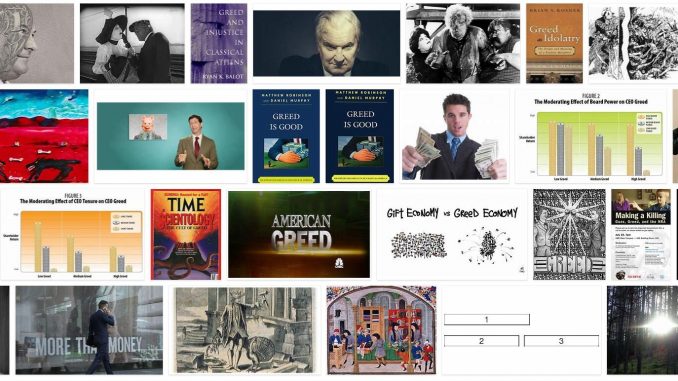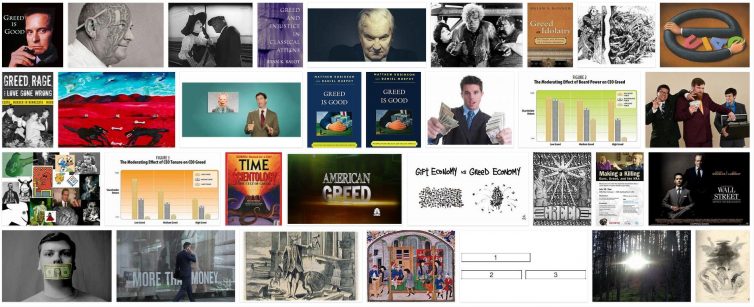
The greed is the desire or craving to possess and acquire wealth to accumulate. This word comes from the Latin avaritĭa, and in turn from the verb avēre (longing for).
Some antonyms can be generosity and detachment. Someone who has or practices greed is often called ‘greedy’, ‘greedy’ or ‘greedy’. Although the last one of them places special emphasis on highlighting that someone reserves or spares some good, in the sense of stingy, miserable or scratchy.
Greed as a capital sin
Greed was considered in the Catholic Doctrine as one of the seven deadly sins. It appeared as philarguria (in Greek, ‘love for gold’) and it was a sin of excess applied to the acquisition of wealth. It can be associated with other types of sins, such as disloyalty, betrayal, theft, lies. There is also talk of greed as one of the vices to avoid.
In most cases, both words are used interchangeably and can be considered synonymous. Compared to the word ‘greed’, ‘greed’ is not only a desire to own goods, but also to accumulate them, emphasizing the desire to accumulate them. In addition, in Bullfighting, ‘greed’ is used to refer to the quality of a bull of eagerly chasing someone or some object, with the intention of correcting it. Formerly, greed also meant sexual appetite.
‘The avarice breaks the bag’
This popular expression comes from the oral tradition and is based on a story about a thief who was keeping in a sack what he was stealing until the sack was broken. This expression appears in such important works as El Quijote de Cervantes. Previously, the word ‘greed’ was replaced in this proverb by ‘greed’.
Phrases about greed
In addition to ‘greed breaks the sack’, there are many popular expressions, phrases and sayings that deal with the issue of greed. Some of them are:
- ‘Save the miser your money so that the heir wastes it.’
- ‘Greedy heart, has no rest’.
- ‘Person with greed, you can have everything but happiness.’
- ‘Greed walks, everything wants and everything desires’.
- ‘When the devil caresses himself, greed.’
